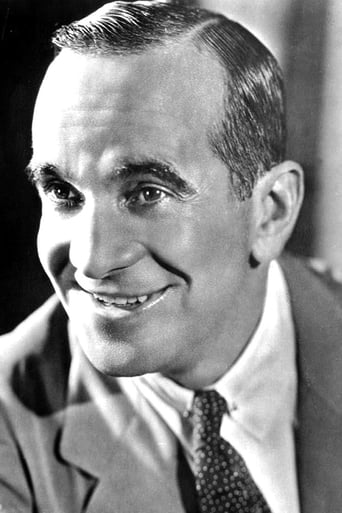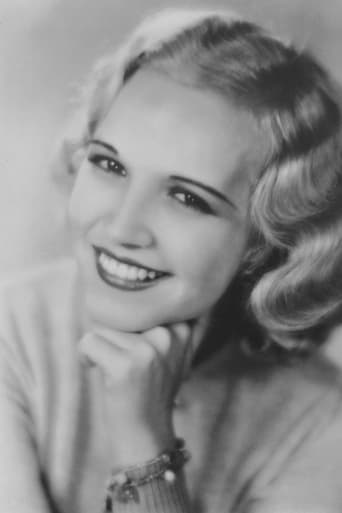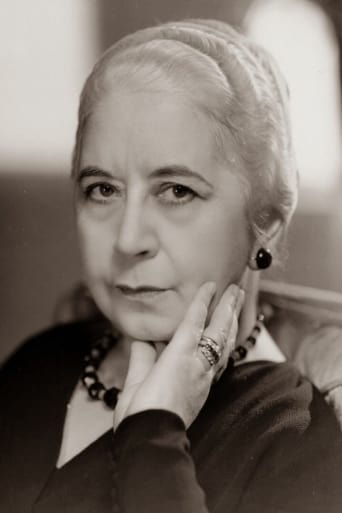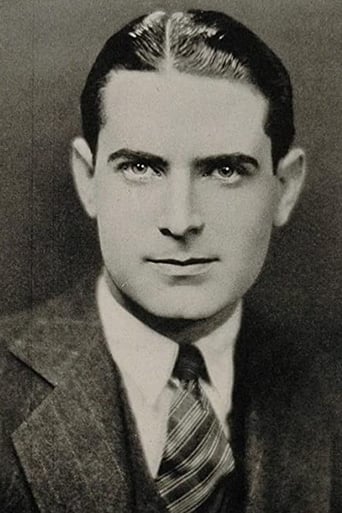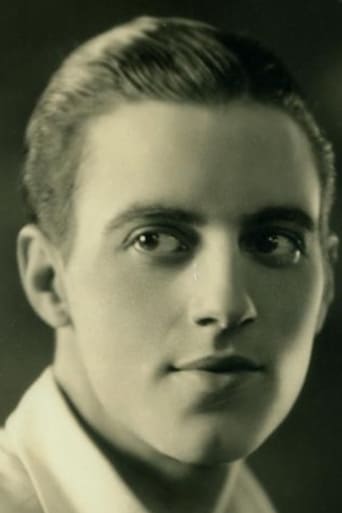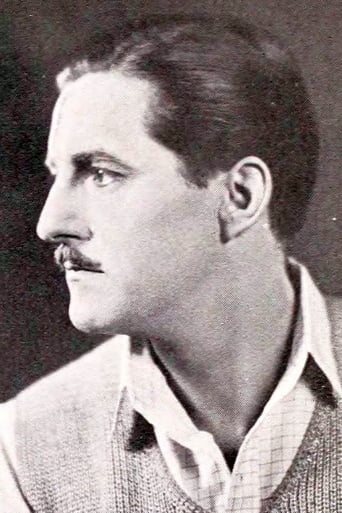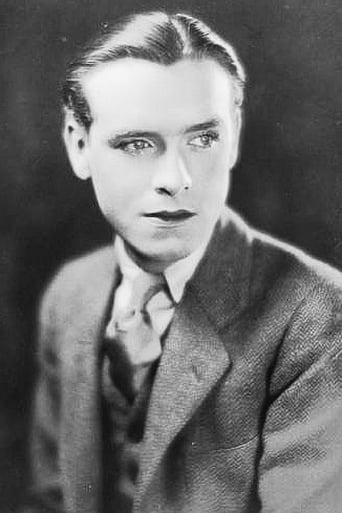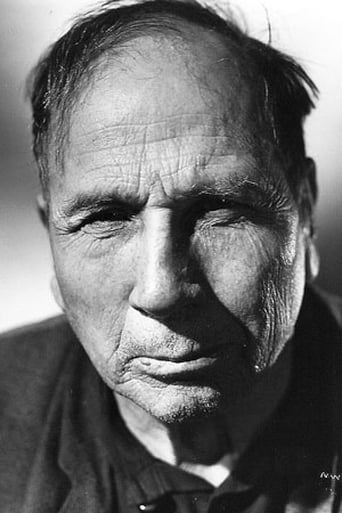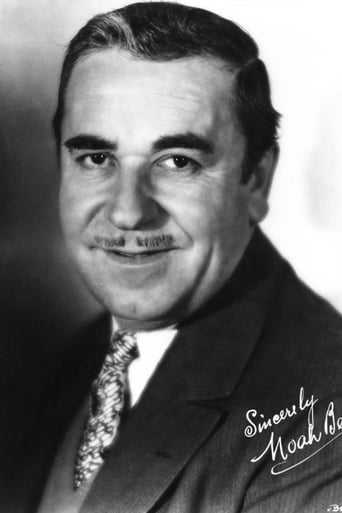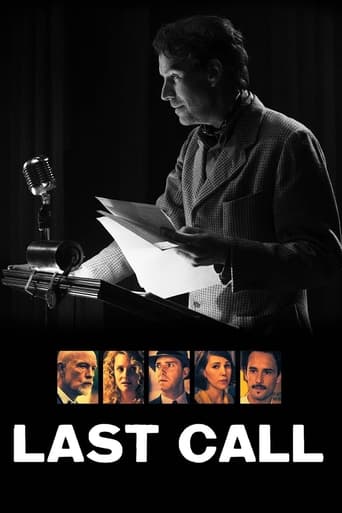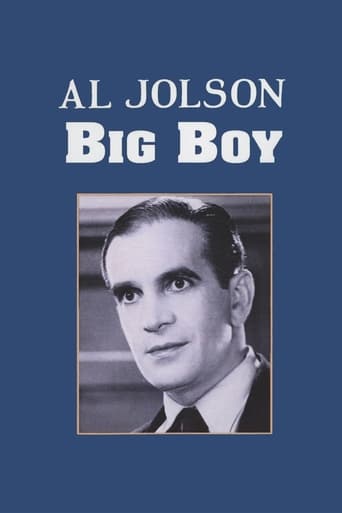
Gus, the trusty family retainer, has hopes of riding his boss' horse, Big Boy, to victory at the Kentucky Derby.
Similar titles
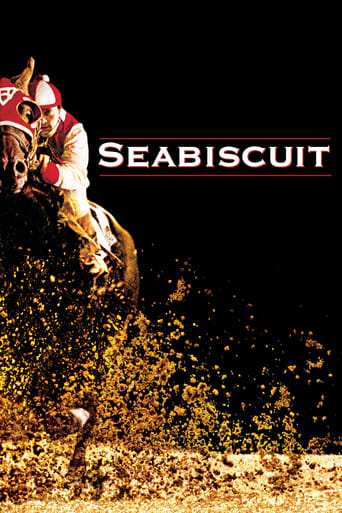
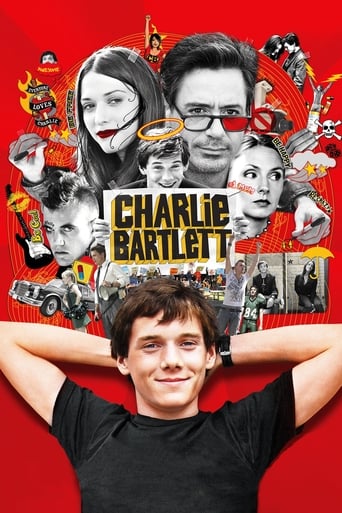

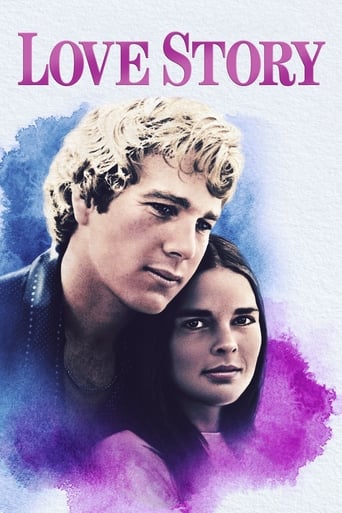
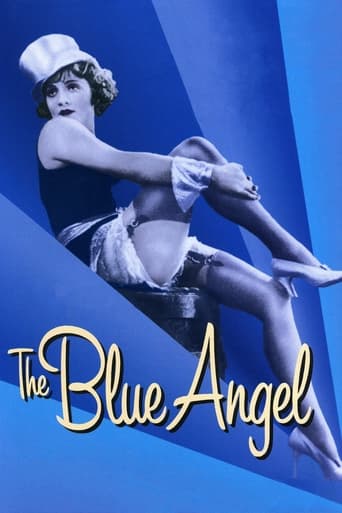


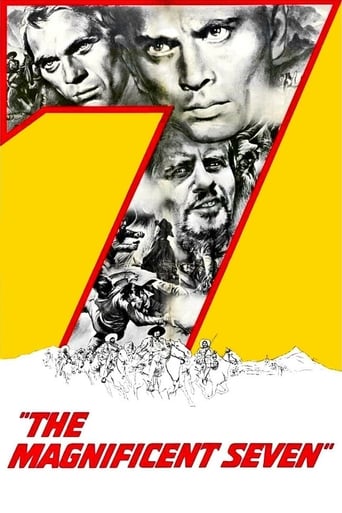
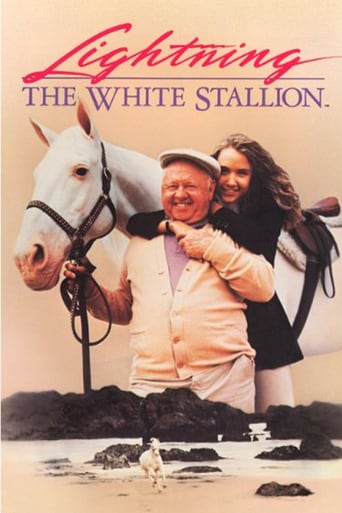
Reviews
Simply Perfect
I wanted to but couldn't!
Good concept, poorly executed.
Good films always raise compelling questions, whether the format is fiction or documentary fact.
Director: ALAN CROSLAND. Screenplay: William K. Wells, Rex Taylor, Perry N. Vekroff. Based on the 1925 Broadway musical by Harold Atteridge. Photography: Hal Mohr. Film editor: Ralph Dawson. Art director: John Hughes. Costumes designed by Earl Luick. Songs (all Jolson): Hooray for Baby and Me, Tomorrow Is Another Day, Liza Lee, Down South, What Will I Do Without You?Copyright 5 August 1930 by Warner Brothers Pictures. New York opening at the Winter Garden: 12 September 1930. 6,275 feet. 69 minutes. (Available on a very good 9/10 Warner Archive DVD).COMMENT: In my opinion, one of Jolson's best films. I'd rate this one third, after Rose of Washington Square and Wonder Bar. Based on Jolson's huge Broadway success, the movie is crammed full of delightful inside jokes and throwaway lines - some of which have to be heard to be believed! Jolson has such a great time singing and ad-libbing that he passes this enthusiasm on to the audience. Crosland has wisely filmed the proceedings as if it all took place on a theater stage. This adds to the fun. Unfortunately, some of the other early Jolsons now available don't stand up at all well. And even a later one, The Singing Fool (1936), finds Jolson swamped by the futile attempts of knockabout comedians (Mitchell and Durant) and over-talkative camera-hoggers. But "Big Boy" is a joy!
Big Boy was a complete shock to me, a 1930 picture that was vibrant, funny,bizarre and very entertaining. I bought it expecting to see a train-wreck,a politically-incorrect minstrel show featuring a white actor performing in black-face. Not just for a scene or two mind you, but for the entire picture(save for the very end)!!! What I got was a fabulous performance by Al Jolson,who is frankly so good here it's almost scary. He's funny, charming, sings wonderfully and performs with a sort of wink-wink to the audience, as if he knows he's in a ridiculous situation as an actor and wants everyone else to know it. His asides are often hilarious,and frankly he is so good overall that if he had chosen to play the part in normal black makeup, without the exaggerated lips common with black-face, I honestly think he would've disappeared into his role completely and truly transcended his makeup. The plot is almost completely beside the point-it exists simply to provide a frame-work for a series of wonderful musical interludes.There is one extended flashback sequence that appears almost out of nowhere, and is so wild and broadly played that I don't think anyone who sees it will ever quite forget it. Print quality is sometimes excellent, and often-times poor. This picture is in definite need of some restoration. I have to applaud those who decided in this sensitive age to release a movie as bizarre and potentially offensive as this one,and I'd like to think that it's because they trust us to be adults and apply some context to what we're watching. If the very idea of black-face portrayals offend you, this picture is to be avoided at all costs. If you can place the use of it into a proper context, this picture might still offend you, but at least you won't keep yourself from watching a wonderfully bizarre and surreal little curio. The ending to my mind is fabulous,by the way.
...largely because of the fact that by the autumn of 1930, when this film was released, musical films were a sure fire miss at the box office. However, Jolson still owed Warner Brothers one more film to fulfill his contract. Thus they came up with the idea that Jolson should reenact his role as Gus in one of his Broadway hits, "Big Boy". This would allow Jolson to sing but be more likely to attract audiences. This required Jolson to do the entire film in black-face as a black man who is a servant on a plantation. If this had been done seriously I'm sure it would leave modern audiences aghast. However, let me assure you that through the entire film Jolson, as Gus, is kidding the audience. Let me also assure you that Gus is smarter than the family that employs him. I doubt most of them could reason their way out of a paper bag without his assistance. Gus' family has been serving the Bedford family for generations. Specifically, Gus is trainer and jockey for the Bedford family prize horse, Big Boy. However, one member of the family has written a bad check to a girl in the city, and a gambler is using that as a threat to the young man so that he can fix the results of the Kentucky Derby. Under fear of being sent to jail if the bad check is reported to the police, the young man gets Gus fired so that a jockey that will throw the Kentucky Derby can be hired to ride Big Boy. It sounds like serious stuff, but believe me the whole thing is performed tongue-in-cheek, at least Jolson's part is.Just because 1930 audiences had their fill of musicals did not mean they had their fill of Jolson, so at the conclusion of the film Jolson is introduced as himself without makeup to sing one song. I'd recommend this one, but you have to like Jolson and you have to remember that this film was made eighty years ago and that no harm was intended by any of the characterizations.
If faithful Gus can only help the racehorse BIG BOY to win the Kentucky Derby the white folks who employ him will be saved from financial ruin.Strange, offbeat, bizarre, unique. All of these terms can describe this film which features legendary entertainer Al Jolson in blackface, playing a black man. While acted with tongue very firmly planted in cheek, and meant solely for lighthearted entertainment, this movie will definitely not be to every viewer's taste. Not until the final minutes does Jolson appear as himself, joking with the audience and reprising the film's dullest song yet once again.The movie obviously has its roots in the minstrel tradition in which a group of musical white men would perform, made-up as blacks. Also, Jolson's own career involved extensive use of blackface routines and he had become quite celebrated for them. For their time, these were all considered quite normal and not offensive (to white audiences). It should also be noted that racial meandering was engaged in routinely in films for decades, with several top white stars (Helen Hayes, Paul Muni, Kate Hepburn, Ramon Novarro, Edward G. Robinson) playing Asian roles, although these were usually done for a serious, and not a comedic, purpose.Once past the initial oddity, it must be said that Jolson is certainly fun to watch and is obviously having a great time. Singing constantly (none of his big hits, but he does well with a couple of old Spirituals), wisecracking and ad-libbing shamelessly, he is impossible to ignore. In his heyday, he was one of the most popular performers in the world and it's easy to see why.Although Jolson dominates the film, there are a couple of other performers worth noting. Wonderful old character actress Louise Closser Hale, always a joy to watch, plays the plantation matriarch. In a lengthy & superfluous flashback scene, beefy Noah Beery appears as a bullying braggadocio who harasses Jolson.It probably goes without saying that there is a fair amount of racism woven into the plot.
Top Streaming Movies













